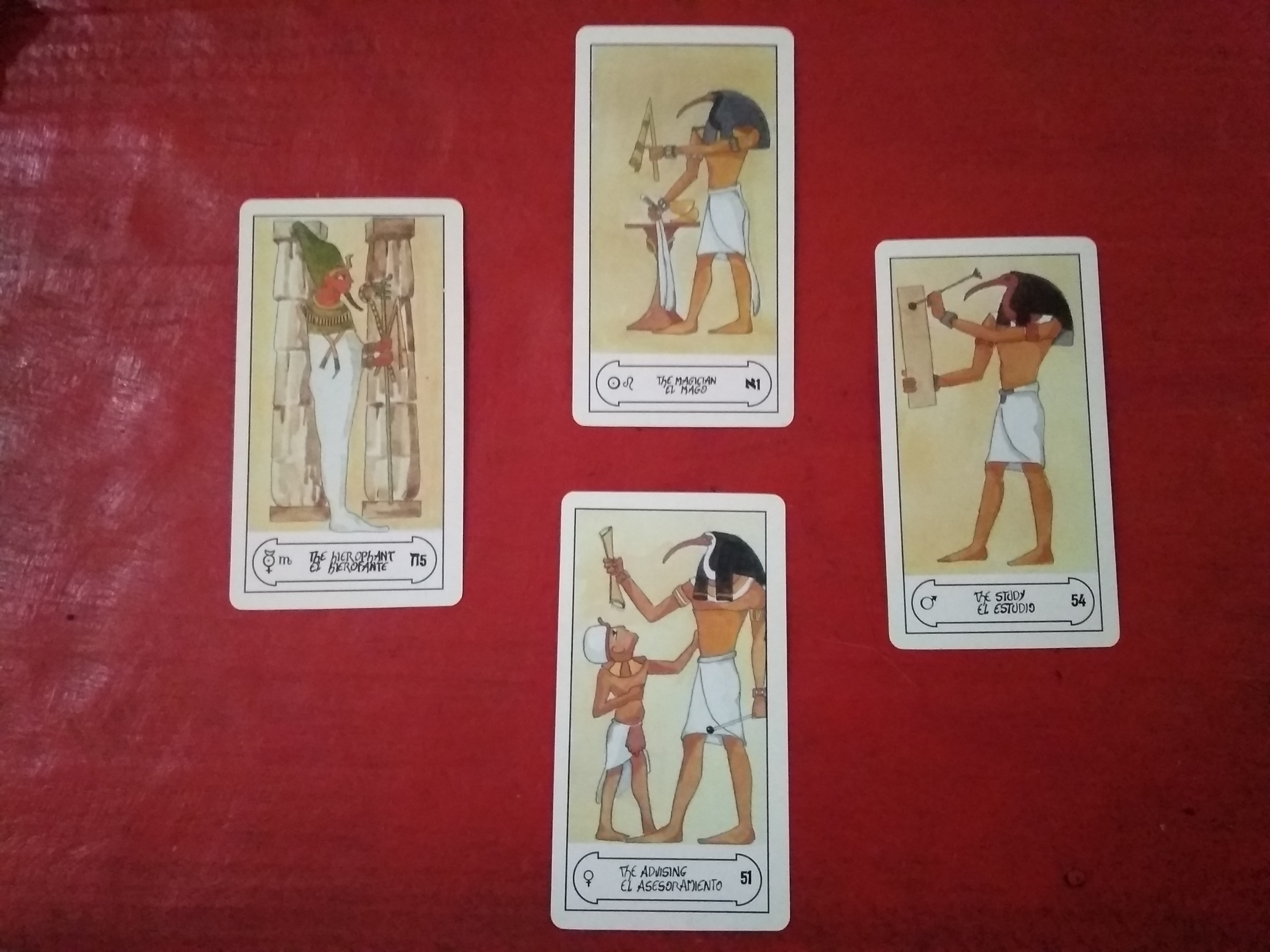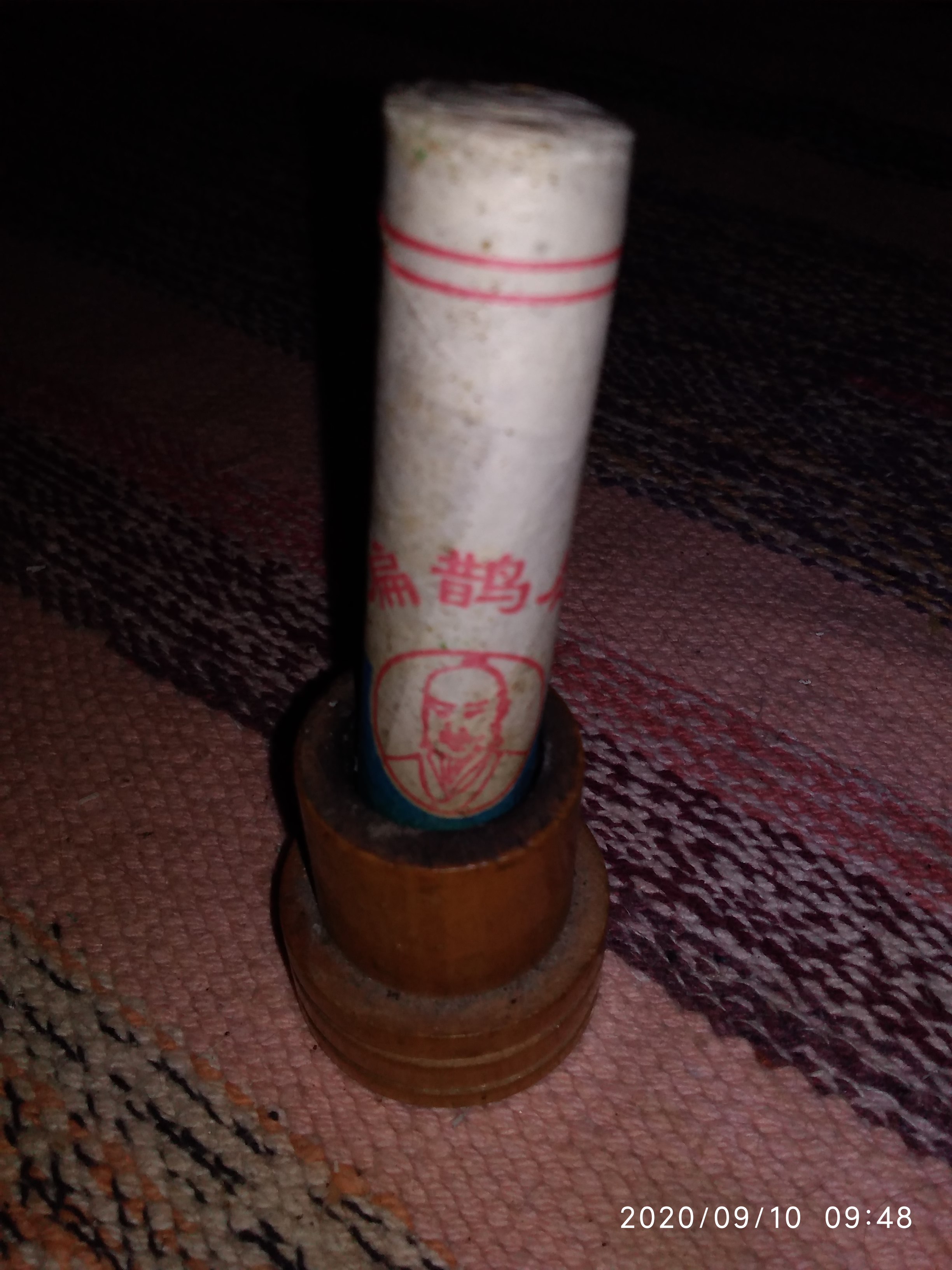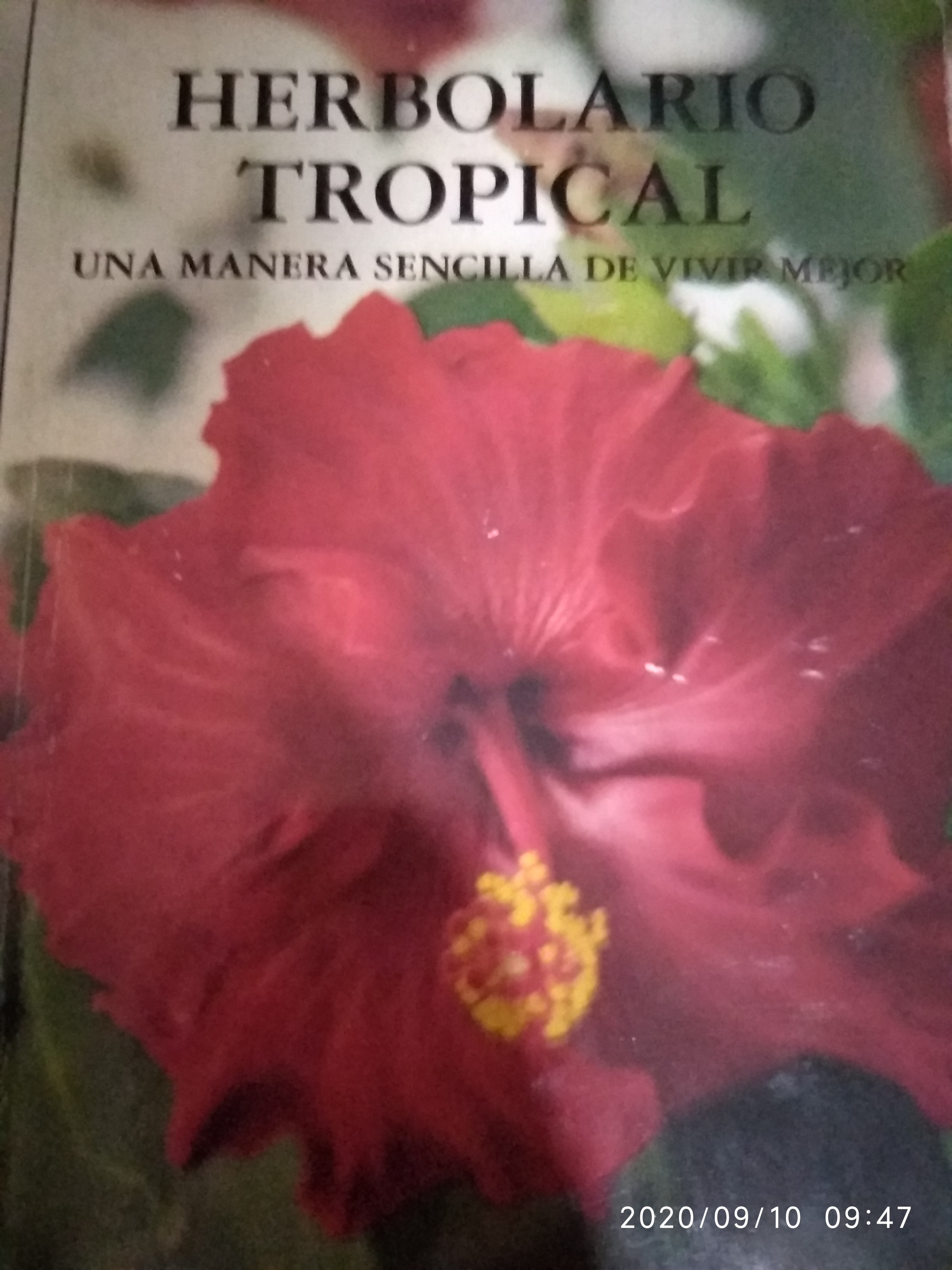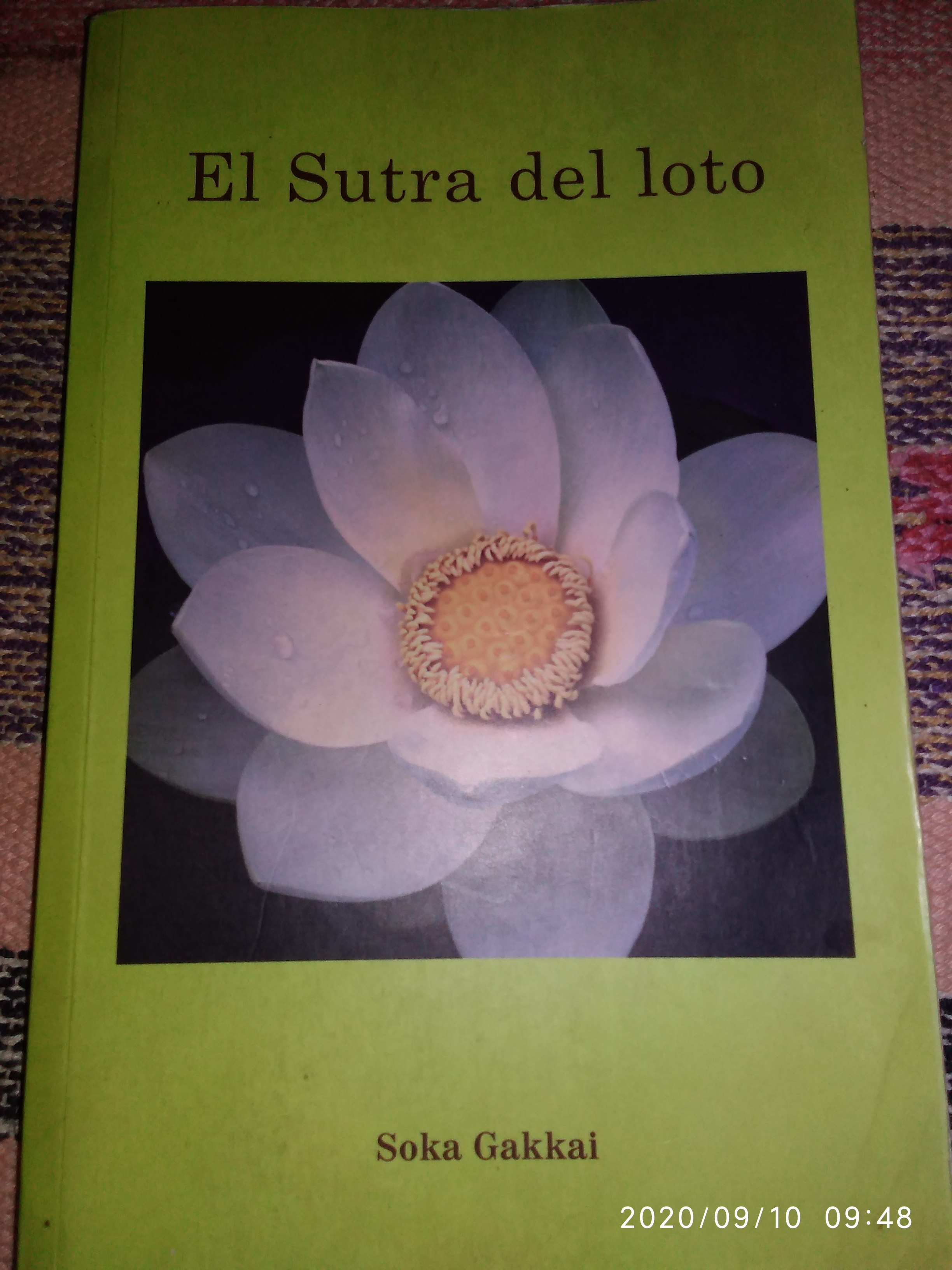
Saludos, estimada comunidad, debo confesar que esta iniciativa me daba un poco de ansiedad, nunca es fácil hablar de uno mismo. Solo basta rememorar las “Confesiones” de Rousseau y ver todos los años que le costó escribirlas, además del trabajo de sinceridad que conlleva. Pero como siempre he sido gran seguidor de Sócrates, desde que lo conocí en bachillerato, he tratado también de recordar la máxima del oráculo de Delfos: “conócete a ti mismo”. Creo firmemente que eso es esencial en todo camino de búsqueda y de conocimiento. Quizás soy muy jungueano, desde que tengo memoria. Me inspiré en las preguntas como conjunto pero no pude responderlas todas de manera separada. ¿Cómo empezó este sendero para mí? Bueno, creo que lo primero que me llamó la atención fue la magia, en la mente de un niño siempre la ficción toma un lugar esencial, en los juegos y en la imaginería. La figura del mago siempre fue un imán para mí (ver carta del tarot en la primera imagen). Mi espiritualidad desde la infancia me guió al Tarot, a la digitopuntura (o masaje energético, yo tenía un abuelo que “sobaba” de manera intuitiva y era un quiropráctico natural muy respetado, a pesar de que jamás estudió y siempre fue campesino, nunca ejerció eso como un oficio, lo hacía solo por ayudar), las infusiones de plantas me encantaban desde niño, como mi familia era del campo siempre me gustó el cultivo, la recolecta y conocer las propiedades de las plantas; además me gustaba la percepción de formas de espiritualidad muy parecidas a la meditación, leía libros muy relacionados con esas temáticas. Soy de una familia mestiza, pero criada en valores católicos. Por esa razón, lamentablemente, de esas cosas tan diversas pasé luego por una investigación muy empírica de los cultos y religiones que estaban a mi alcance, porque inevitablemente en esta realidad latinoamericana estaba todo muy marcado por el cristianismo. Tuve entonces que hacer mi tránsito por esa ideología y por su bibliografía, después de meterme muy adentro (quería ser sacerdote, por eso incluso fui seminarista) me di cuenta de que la culpa como motor de vida no es sana, y es un concepto muy presente en esa religión, me di cuenta también que las formas religiosas institucionales que manejan la religión cristiana o católica están altamente manipuladas hay demasiadas redes de manipulación de masas, de poder y corrupción. Tuve que salirme del seminario, intenté pertenecer a otros cultos ligados a la Biblia, pero los resultados para mí eran los mismos: decepción y rechazo; constaté que no había mucha reflexión, ni autoconocimiento, ni espíritu crítico. Además todo estaba muy influenciado por figuras y egos, sentido de pertenencia a congragaciones, y sectarismo. Nadie leía realmente la Biblia como lo que es: un conjunto de libros, así de simple, como todo libro tiene errores, imprecisiones y fueron escritos por personas comunes y corrientes. He visto cómo los cultos acá les hacen mucho daño a las familias, a la política y a la sociedad. Como sufro de depresión desde temprana edad toda esa ideología empeoró mi trastorno. La depresión me llevó al alcoholismo y a tendencias suicidas. Afortunadamente, me separé de esos cultos, y de ese libro, y me puse a estudiar Filosofía, a leer a Platón, a Spinoza, a Nietzsche, todo eso me ayudó un poco a retomar mi propio sendero; pero también me agradaba mucho el pensamiento científico y la filosofía de la ciencia, así que Wittgenstein, Russell, Quine, fueron un tránsito muy agradable. Tuve mayor claridad y mejores herramientas para ver a lo que me había sometido consciente e inconscientemente desde mis búsquedas más tempranas. Pero la filosofía analítica me dejó muy vacío, sentía que no había esperanza para la humanidad, que no había cambios posibles, que todas las instituciones estaban corruptas, además sentía que yo necesitaba retomar algo que había perdido; además lidiaba con la depresión que se había agravado, había ido a psicólogos y psiquiatras, los medicamentos no me ayudaban y, cada vez más, el país se sumergía en una crisis que no me permitía costearme ni consultas ni comprar medicamentos. Fue en esa época de mi vida cuando apareció el budismo, gracias a un gran amigo me interesé primero en las teorías budistas sobre la mente y la consciencia, y empecé a practicar. El noble sendero fue lo que siempre había anhelado, sentí como que encajaron todas las piezas sueltas. No tenía que deshacerme del pensamiento racional, todo lo contrario; tampoco tenía que creer en entidades y egos autoritarios. Ahora, con el pasar de los años, entiendo que el mago es una de nuestras funciones naturales, que todos podemos ser sacerdotes a nuestra manera, la habilidad y la creatividad nos acompañan siempre, pero hay que invocarlas. El budismo me llevó a descubrir y redescubrir mis habilidades creativas, a tratar de sacar más provecho de mis potencialidades, a pesar de las duras condiciones económicas. Así pues retomé muchas cosas de mi más temprana infancia para terminar de explorarlas bien. Por relaciones causales terminé estudiando Medicina Tradicional China, en esta área sí pude graduarme, después de muchos fracasos académicos (lamentablemente, la M.T.Ch no tiene reconocimiento ni acreditación legal en este país). A veces uno se obliga a hacer cosas que ni entiende bien por qué las hace, por eso es importante el autoconocimiento. Hay demasiada gente graduándose de carreras que en el fondo no le gustan y que ejercen mal. También pude reconectarme con mi lado artístico y pude empezar a estudiar música, a pesar de no ser un niño (que es lo que requieren las escuelas). Las artes tienen un lado terapéutico vital para ayudar a lidiar con muchos problemas. Yo descubrí que debí haber estudiado artes, bien sea música o artes plásticas. Pero, bueno, nunca es tarde para tratar de corregir la marcha. ¿Cuál es el aprendizaje más importante que he obtenido del proceso? Bueno, gracias a esa apertura de consciencia y despertar, he explorado las artes marciales y el yoga. Entendí realmente que cuerpo y mente son una misma cosa, somos lo que pensamos, lo que hacemos y lo que comemos. Debo decir que el camino de la herbolaria y el conocimiento de formas de alimentación más adecuadas ha sido parte de todo este sendero, las líneas de exploración a veces son paralelas, y gracias al budismo se profundizó, leí “El herbolario tropical” de Keshava Bhat, y es maravilloso. Pero he probado varias dietas, leído otros materiales, pero la situación del país no me permite ser muy fiel a ellas, así que he tenido que adaptar muchas teorías a la realidad para poder lograr un poco de equilibrio entre “sobrevivir” y “vivir bien”. ¿Es posible vivir solo con medicina natural? Creo que sí, más si es una cuestión de sobrevivir, de escapar de los intentos de suicidio del pasado, del alcoholismo y de la grave crisis política-económica-humanitaria del país donde se vive. Pero implica hacer muchos cambios de comportamiento, grandes y pequeños. ¿Le dedicaría mi vida a enseñar medicina natural? Sí, lo haría, lamentablemente la situación del país lo hace casi imposible. He visto cómo han cerrado escuelas, cómo han cerrado muchos proyectos por la precarización de la subsistencia. Aunque estoy atento a cualquier oportunidad que surja. He aprendido a cocinar bastante por mi propia cuenta. Tengo sembradas en muchas macetas de diferentes tamaños varios tipos de plantas que se dan en este clima, y que logran crecer en esos materos pequeños, no cuento con mucho espacio, pero aun así tengo sembrados (creo que esto responde a “¿cuáles son tus plantas más amadas?): Cebollines, sábilas, toronjil, orégano orejón, orégano del normal, cúrcuma, jengibre, y algunas ornamentales. Tengo hasta arbolitos pequeños allí, son semillas que se dieron: caobas, acacias y apamates, pero no florean porque necesitan muchos años más de madurez y más tierra. Leyendo “La rama dorada” de Frazer (libro al que se le puede criticar mucho, pero también se puede aprender bastante de él), me di cuenta de que nuestra relación con la naturaleza es necesaria y vital, porque la primera religión fue el culto a los árboles. Debo decir que ya estoy muchísimo mejor, y dejé hace años el alcoholismo, pero el camino es rudo y complejo, también puede ser largo. El tarot me sigue ayudando para dialogar conmigo mismo. Debemos tener en cuenta que los caminos son distintos. El proceso no es igual para todo el mundo. Por eso: ¿Qué le puedo decir a la comunidad? Que tengan cuidado con lo que leen, sean siempre muy críticos, escuchen a su cuerpo, tengan cuidado con el lado muy comercial de la medicina natural, tengan cuidado con las modas, siempre investiguen, lean, conversen, dialoguen, vayan a las fuentes. Sean respetuosos con las creencias de los demás. También caminen por los bosques, hagan aunque sea un poco de ejercicio físico (sembrar y hacer Tai Chi o yoga también cuentan, aunque no sean “deportes” en el sentido occidental) cuiden plantas y animales; y, si está en su manera de ser, mediten. Aclaro que la práctica budista con la que yo pude transformar todo fue el hacer “daimoku”, pero exploren ustedes sus propios senderos, ya encontrarán lo que les ayude, no desesperen. ¿Qué otras medicinas explorarán en su futuro? Pues actualmente estoy investigando bastante sobre “medicina tibetana”, lamentablemente no me puedo costear ningún curso por internet y aquí no hay instituciones que los ofrezcan, pero ya se dará en su momento la oportunidad. Espero que les haya servido mi experiencia, lamento que no haya sido más específico con muchas cosas, pero es difícil resumir demasiado. *(Todas las fotos fueron tomadas con mi celular.)* ____________________________ # The roads are complex, but they are part of our path Greetings, dear community, I must confess that this initiative made me a little anxious, it is never easy to talk about oneself. It is only necessary to recall Rousseau's "Confessions" and see all the years it took her to write them, in addition to the work of sincerity it entails. But as I have always been a great follower of Socrates, since I met him in high school, I have also tried to remember the maxim of the Delphic oracle: "know thyself". I firmly believe that this is essential in every path of search and knowledge. Perhaps I am very Jungian, since I have memory. I was inspired by the questions as a whole but I could not answer them all separately. How did this path start for me? Well, I think the first thing that caught my attention was magic, in a child's mind fiction always takes an essential place, in games and in imagery. The figure of the magician was always a magnet for me (see tarot card in the first image). My spirituality since childhood led me to Tarot, to digitopuncture (or energetic massage, my grandfather intuitively made massages and was a highly respected natural chiropractor, even though he never studied and was always a farmer, he never practiced that as a trade, he did it only to help), I loved plant infusions since I was a child, as my family was from the countryside I always liked growing, collecting and knowing the properties of plants; I also liked the perception of forms of spirituality very similar to meditation, I read books very related to these themes. I come from a mixed-race family, but raised in Catholic values. For that reason, unfortunately, of those so diverse things I went through a very empirical investigation of the cults and religions that were within my reach, because inevitably in this Latin American reality everything was very marked by Christianity. I then had to make my way through that ideology and its literature, after going deep inside (I wanted to be a priest, that's why I was even a seminarian) I realized that guilt as a motor of life is not healthy, and is a very present concept in that religion, I also realized that the institutional religious forms that handle the Christian or Catholic religion are highly manipulated there are too many networks of mass manipulation, power and corruption. I had to leave the seminary, I tried to belong to other cults linked to the Bible, but the results for me were the same: disappointment and rejection; I noticed that there was not much reflection, nor self-knowledge, nor critical spirit. Besides, everything was very influenced by figures and egos, sense of belonging to congragations, and sectarianism. Nobody really read the Bible as it is: a set of books, as simple as that, like every book has mistakes, inaccuracies and were written by ordinary people. I have seen how the cults here do a lot of harm to families, politics and society. Since I suffer from depression from an early age, all that ideology made my disorder worse. Depression led me to alcoholism and suicidal tendencies. Fortunately, I separated from those cults, and from “that book”, and started studying Philosophy, reading Plato, Spinoza, Nietzsche, all this helped me a little to take again my own path; but also I liked very much scientific thought and philosophy of science, so Wittgenstein, Russell, Quine, were a very pleasant transit. I had more clarity and better tools to see what I had consciously and unconsciously submitted to since my earliest searches. But the analytical philosophy left me very empty, I felt that there was no hope for humanity, that no changes were possible, that all institutions were corrupt, and I also felt that I needed to regain something that I had lost; I also dealt with depression that had worsened, I had gone to psychologists and psychiatrists, the medications did not help me and, more and more, the country was immersed in a crisis that did not allow me to afford consultations or to buy medications. It was at this time in my life that Buddhism appeared. Thanks to a great friend, I first became interested in the Buddhist theories about the mind and consciousness, and I began to practice. The noble path was what I had always longed for, I felt like all the loose pieces had come together. I did not have to get rid of rational thinking, quite the contrary; nor did I have to believe in authoritarian entities and egos. Now, as the years go by, I understand that the magician is one of our natural functions, I understand that we can all be priests in our own way, skill and creativity are always with us, but they have to be invoked. Buddhism led me to discover and rediscover my creative abilities, to try to take more advantage of my potential, despite the hard economic conditions. So I took back many things from my early childhood to finish exploring them well. By causal relationships I ended up studying Traditional Chinese Medicine, in this area I was able to graduate, after many academic failures (unfortunately, T. Ch. M. does not have legal recognition or accreditation in this country). Sometimes one forces oneself to do things that one does not even understand well why one does them, and that is why self-knowledge is important. There are too many people graduating from careers that they don't like and that they practice badly. I was also able to reconnect with my artistic side and I was able to start studying music, despite not being a child (which is what schools require). The arts have a vital therapeutic side to help deal with many problems. I discovered that I should have studied arts, whether it was music or visual arts. But, well, it's never too late to try to correct the course. What is the most important learning I have gained from the process? Well, thanks to that opening of consciousness and awakening, I have explored martial arts and yoga. I really understood that body and mind are one and the same, we are what we think, what we do, and what we eat. I must say that the path of herbalism and the knowledge of more adequate forms of nutrition has been part of this whole path, the lines of exploration are sometimes parallel, and thanks to Buddhism it deepened, I read "The Tropical Herbalist" by Keshava Bhat, and it is wonderful. But I have tried various diets, read other materials, but the situation in the country does not allow me to be very faithful to them, so I have had to adapt many theories to reality in order to achieve a little balance between "surviving" and "living well". Is it possible to live only with natural medicine? I think so, more so if it is a question of survival, of escaping from past suicide attempts, from alcoholism and from the serious political-economic-humanitarian crisis in the country where one lives. But it involves making many changes in behavior, large and small. Would I dedicate my life to teaching natural medicine? Yes, I would, but unfortunately the situation in the country makes it almost impossible. I have seen how they have closed schools, how they have closed many projects because of the precariousness of subsistence. Although I am attentive to any opportunity that arises. I have learned to cook quite a bit on my own. I have planted in many pots of different sizes various types of plants that occur in this climate, and that manage to grow in these small pots, I do not have much space, but even so I have planted (I think this responds to "what are your most loved plants?"): Chives, aloe, lemon balm, oregano orejón, oregano of the normal kind, turmeric, ginger, and some ornamentals. The two I love the most are: turmeric and aloe. I even have small trees there, they are seeds that were given: mahogany, “acacia” and “apamate”, but they do not flower because they need many more years of maturity and more soil. Reading Frazer's "The Golden Branch" (a book that can be criticized a lot, but you can also learn a lot from it), I realized that our relationship with nature is necessary and vital, because the first religion was the cult of trees. I must say that I am much better now, and I gave up alcoholism years ago, but the road is rough and complex, it can also be long. Tarot continues to help me to dialogue with myself. We must keep in mind that the paths are different. The process is not the same for everyone. Therefore: What can I say to the community? Be careful with what you read, always be very critical, listen to your body, be careful with the very commercial side of natural medicine, be careful with fashions, always research, read, talk, dialogue, go to the source. Be respectful of the beliefs of others. Also walk in the woods, do even a little physical exercise (planting and doing Tai Chi or yoga also counts, even if it's not "sports" in the Western sense) take care of plants and animals; and, if it's in your nature, meditate. I clarify that the Buddhist practice with which I could transform everything was to chant "daimoku", but explore your own paths, you will find what helps you, do not despair. What other medicines will you explore in your future? I am currently doing a lot of research on "Tibetan medicine", unfortunately I cannot afford any online courses and there are no institutions here that offer them, but the opportunity will come in due course. I hope that my experience has been useful to you, I regret that I have not been more specific with many things, but it is difficult to summarize too much.
*(All the photos were taken with my cell phone).*



Originally posted here: https://hive.blog/hive-120078/@filosbonus1/desafio-de-la-comunidad-conozcamonos-es-dificil-encontrar-el-noble-sendero-community-challenge-let-s-get-to-know-each-other-it
No comments:
Post a Comment